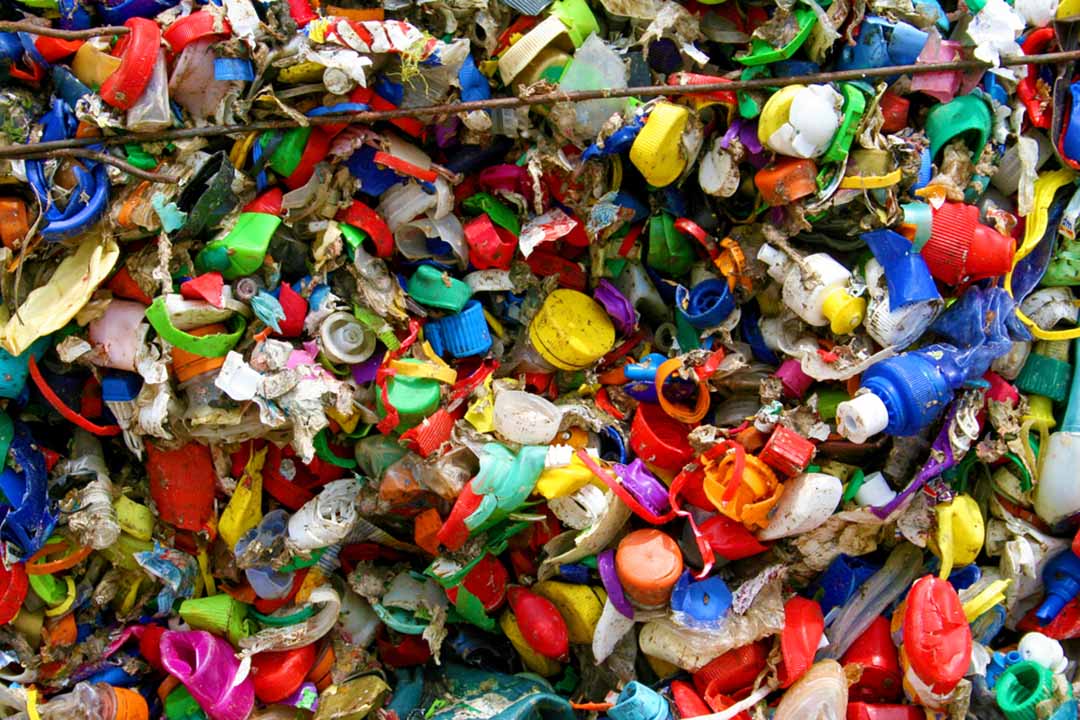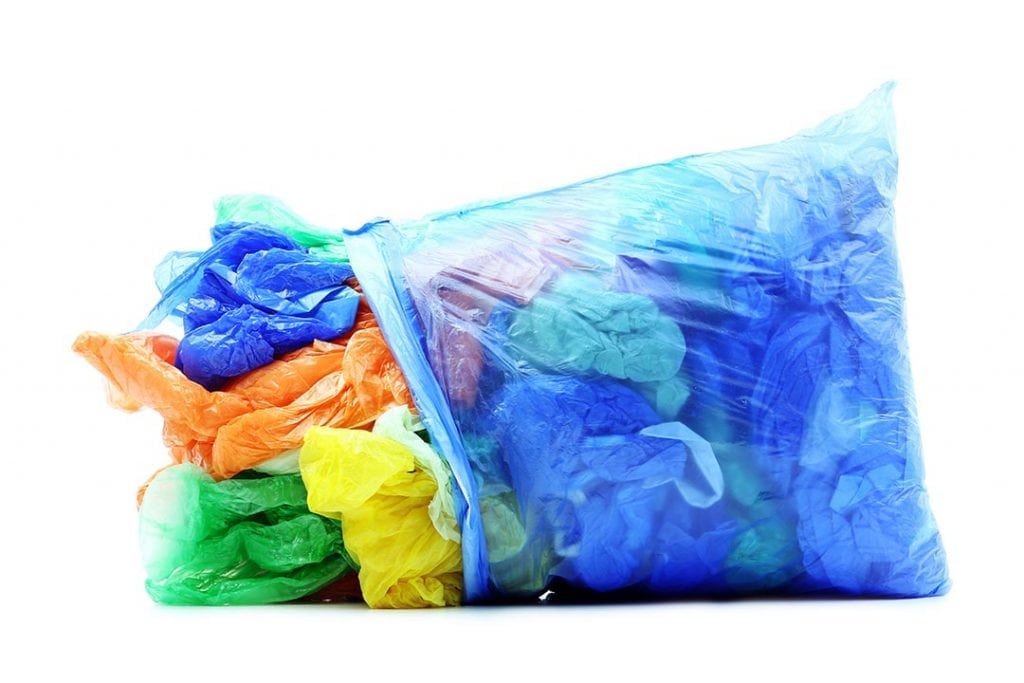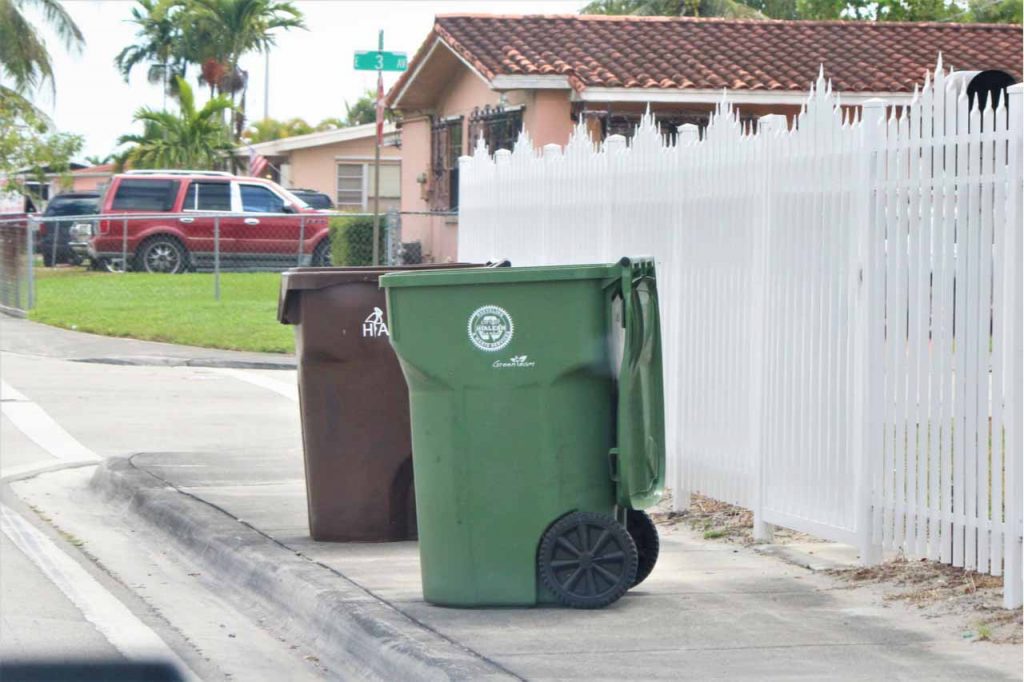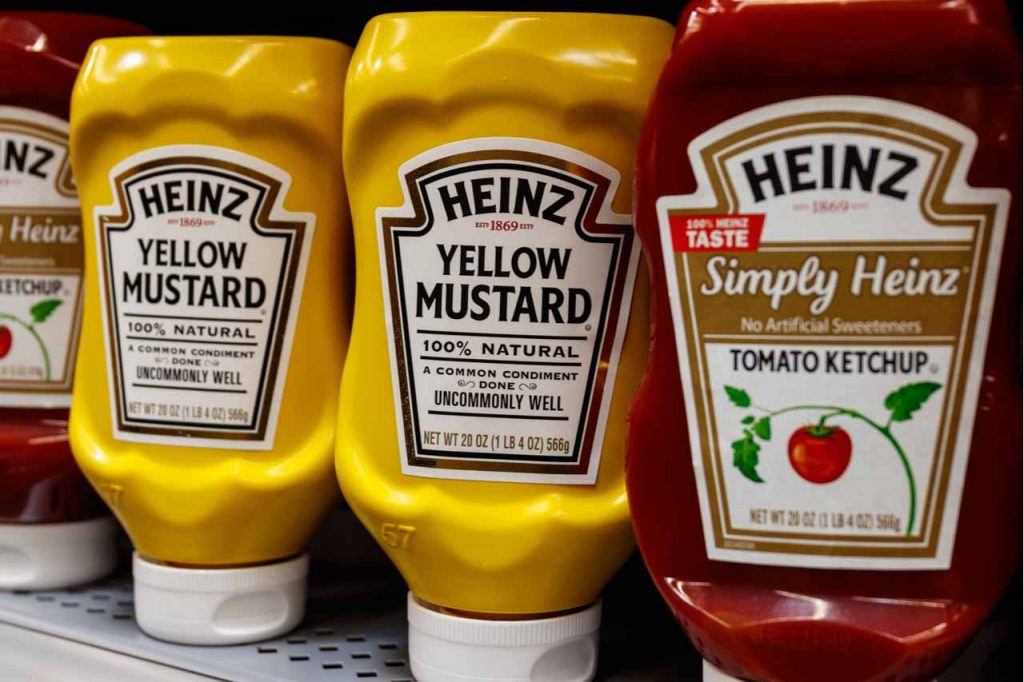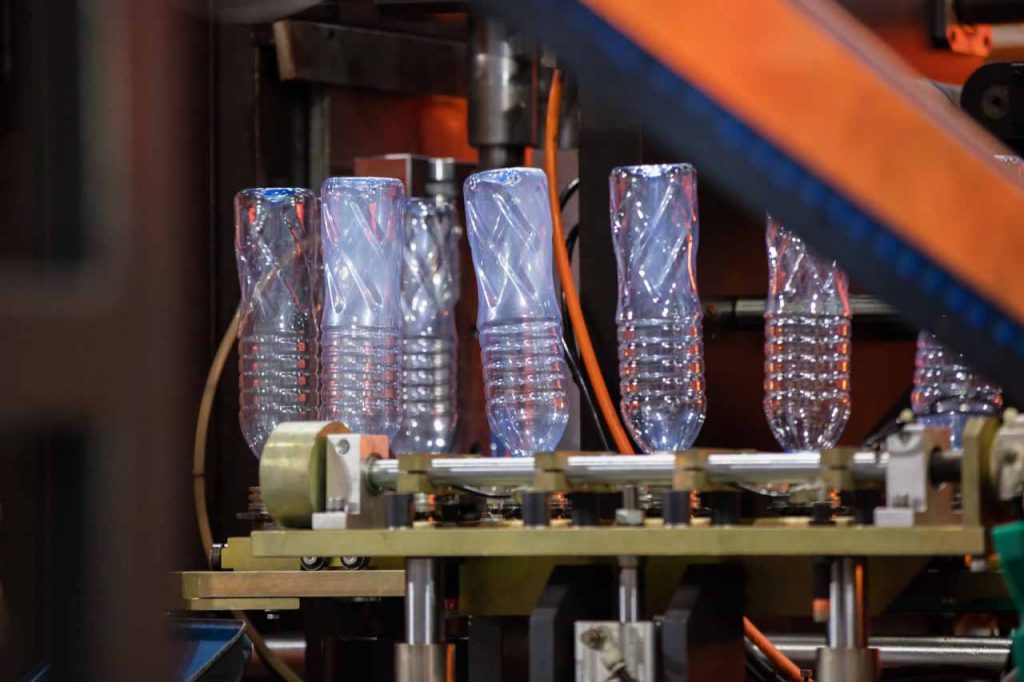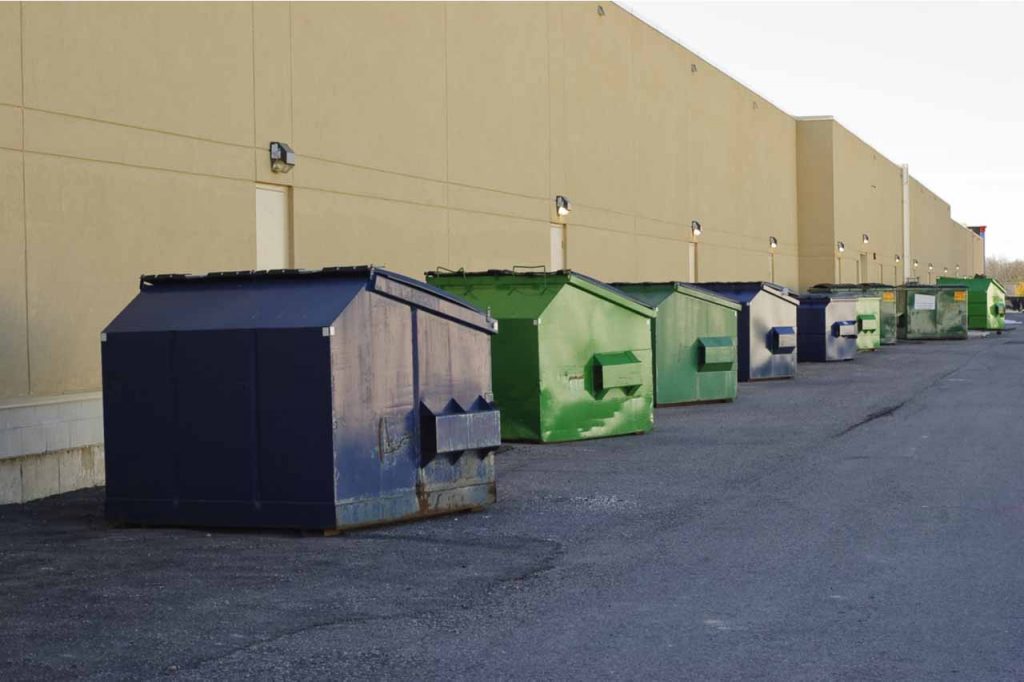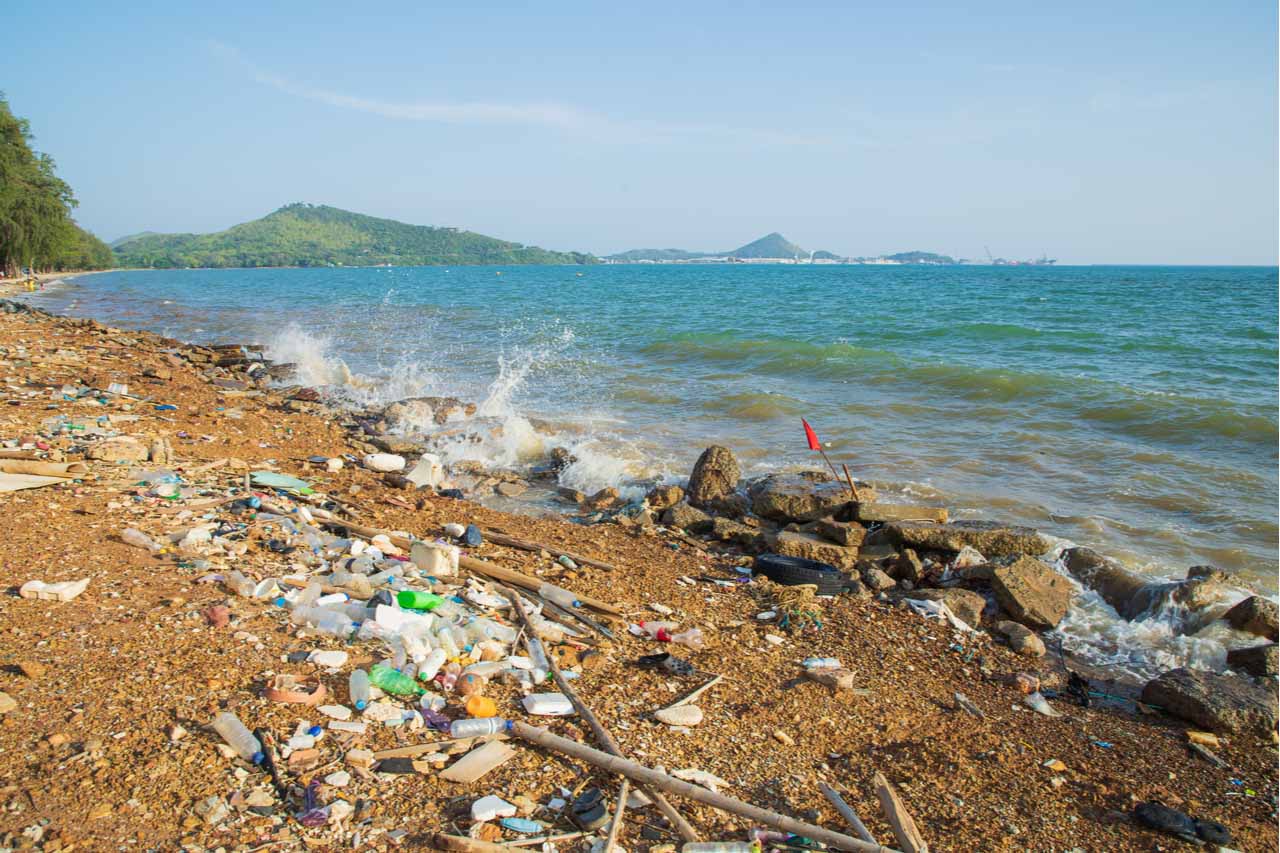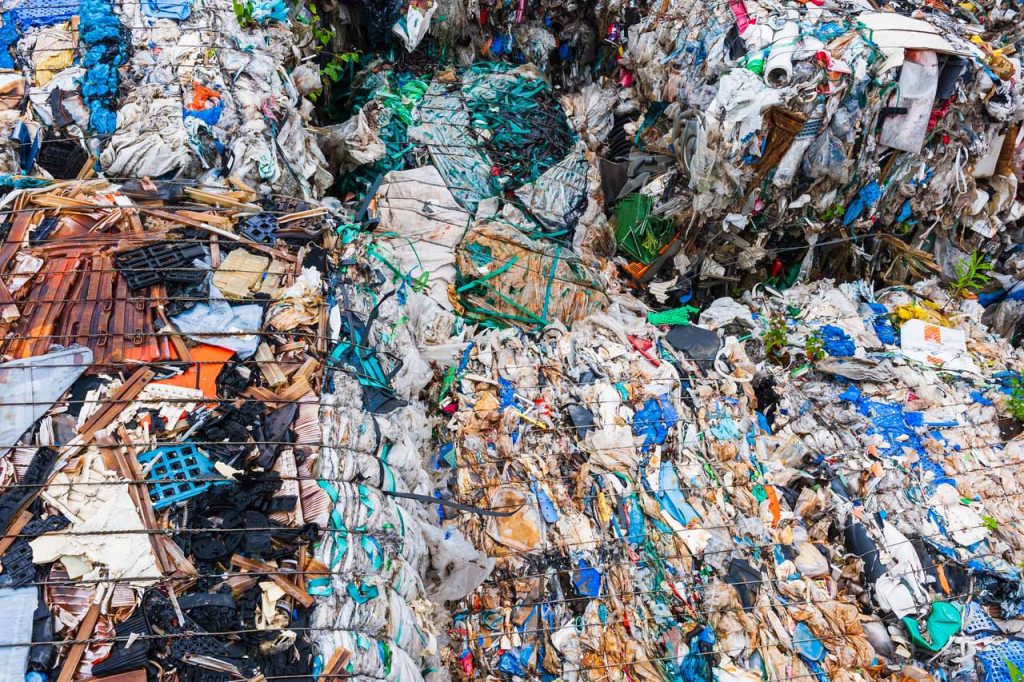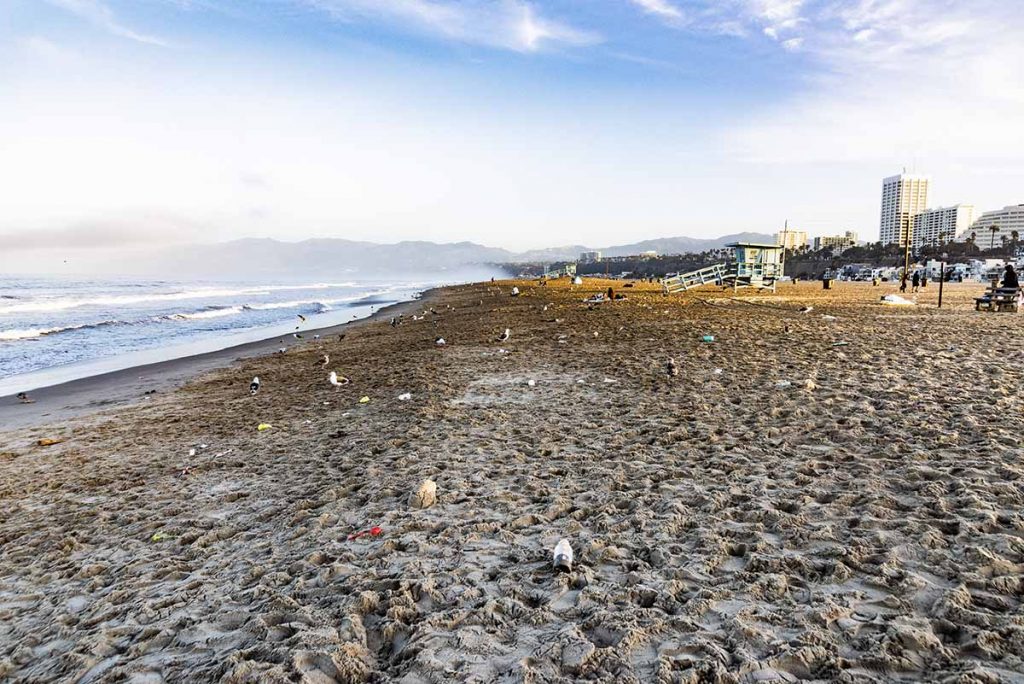
Using data from 2016, researchers found the U.S. could be the third largest generator of mismanaged plastic waste.| Rafeed Hussain/Ocean Conservancy
Despite having a robust plastics collection infrastructure, the U.S. is one of the largest contributors to ocean plastics worldwide, according to new findings from well-known plastic waste researchers.


